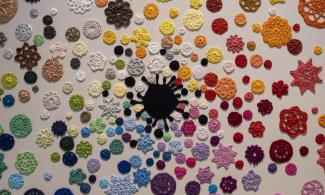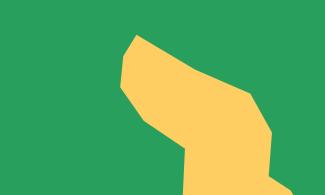Who has the power to choose which stories we remember and tell? Where can we find acts of courage, conflict or censorship in our collections? What can museum collections reveal about the histories of empire? What does change look like today?
From 2022 to 2024, we hosted a programme of events, displays, workshops, and community-led discussions confronting Cambridge’s colonial story, and exploring place, power and identity within and beyond the collections.
Stories from the collections
Enjoy a virtual view of MAA's July 2022 - April 2023 exhibition, showcasing collections from across our museums, libraries and colleges.
The Whipple Museum of the History of Science as an institution is not neutral. A response to the colonial 1875 Jigsaw Globe on display in the Museum’s Globe Gallery.
‘This Globe is Broken’. A poem about how the globe as an object is not neutral. A response to the colonial 1875 Jigsaw Globe on display in the Whipple Museum’s Globe Gallery.
Making change
Collections for everyone
The University of Cambridge Museums are committed to ensuring that all our work, and the way we do it, is as inclusive as possible. As University museums and collections, being true to our mission means questioning and seeking to expand our knowledge about our collections, adding new perspectives and layers of understanding.
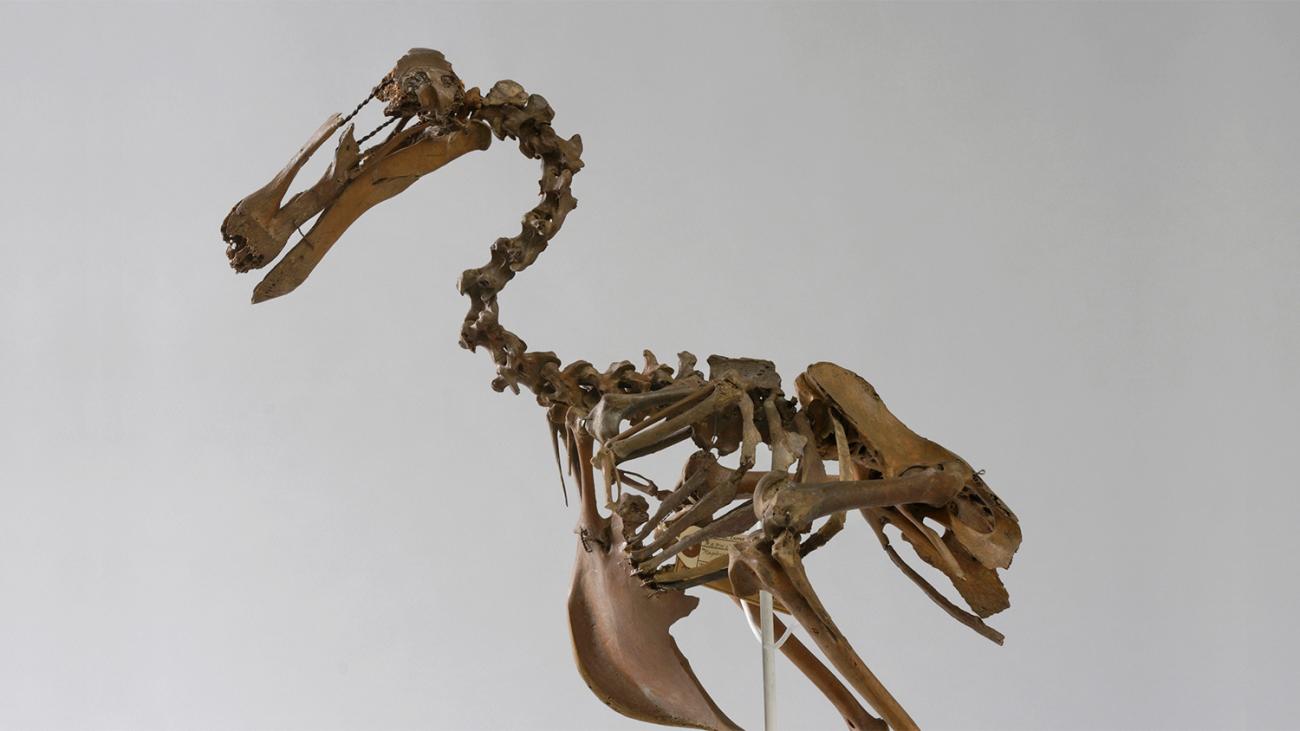
Cambridge responds to legacies of enslavement inquiry
Read about the University's findings on historical links to the slave trade. This two-year inquiry explored the University archives and a wide range of records elsewhere to uncover how the institution may have gained from slavery and the exploitation of labour, through financial and other bequests to departments, libraries and museums.
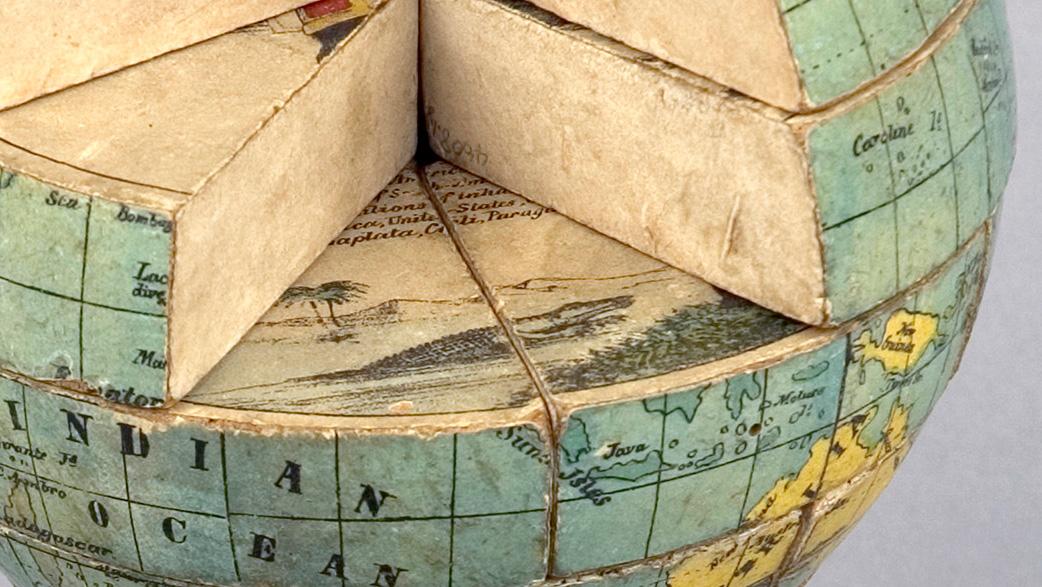
Exploring the legacies of empire and enslavement
The University of Cambridge Museums is embarking on a shared line of inquiry exploring the legacies of empire and enslavement. The project will include new and ongoing research into the legacies of empire and enslavement present within our collections, and important developments in how we approach sharing the material we find with our wider audiences.
Explore further
Returning the Benin Bronzes
In this film, shot at The Museum of Archaeology and Anthropology, the museum’s Director, Professor Nicholas Thomas, and its Senior Curator in Anthropology, Dr Mark Elliott, explain how the Benin Bronzes entered the collection, why the University is now returning them, and how this process has developed.
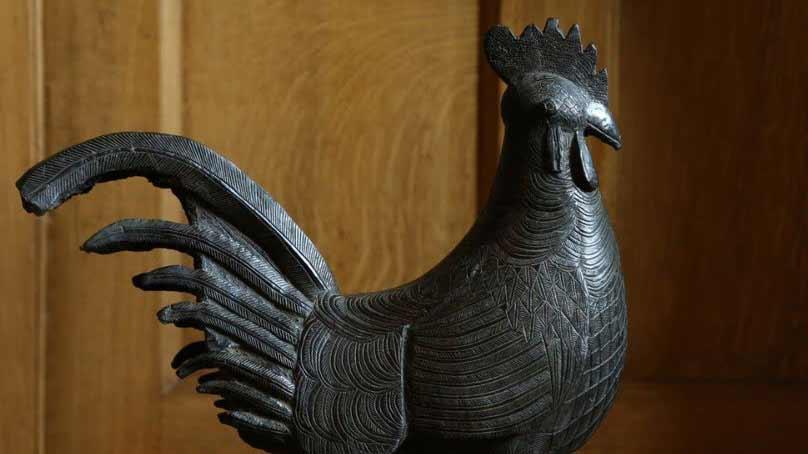
Jesus College returns Benin Bronze in world first
Jesus College became the first institution in the world to return a Benin Bronze, presenting it to Nigeria’s National Commission for Museums and Monuments (NCMM). Delegates from Nigeria and Benin took part in a ceremony to complete the handover process and celebrate the rightful return of the Bronze.
[Re:]Entanglements: Colonial collections in decolonial times
Discover [Re:]Entanglements - a project that re-engaged with a remarkable ethnographic archive – including objects, photographs, sound recordings, botanical specimens, published work and fieldnotes – assembled by the colonial anthropologist, N. W. Thomas, in Southern Nigeria and Sierra Leone between 1909 and 1915
We are committed to our responsibility to address hurtful legacies in the collections we care for and the way we talk about them. We welcome feedback on how to talk about these works; please visit our contact page to email us with your thoughts, suggestions, and comments.

